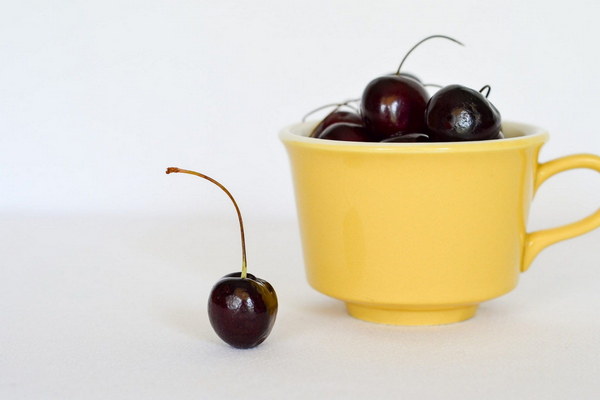Natural Relief for Wind-Cold Cough The Power of Fritillaria Thunbergii for Lung Clearing
Introduction:
Coughing is a common symptom that can be caused by various factors, including exposure to cold and wind. Wind-cold cough, also known as wind-cold invasion cough, is a common type of cough that arises from the invasion of wind and cold into the body. In traditional Chinese medicine, fritillaria thunbergii, or Chuan Bei, is often recommended for its lung-clearing properties. This article will explore the benefits of using fritillaria thunbergii for treating wind-cold cough and how it can help alleviate the symptoms.
Understanding Wind-Cold Cough:
Wind-cold cough is characterized by a dry, hacking cough that is often accompanied by a sore throat, chills, and a slight fever. This type of cough is caused by the invasion of wind and cold into the body, which can lead to congestion, phlegm, and respiratory discomfort. Traditional Chinese medicine views wind-cold cough as an imbalance of the body's yin and yang, and aims to restore harmony by addressing the root cause.
The Role of Fritillaria Thunbergii:
Fritillaria thunbergii, or Chuan Bei, is a herb commonly used in traditional Chinese medicine for its lung-clearing and cough-relieving properties. It is believed to have a cooling effect on the lungs, which helps to alleviate symptoms of wind-cold cough. The herb is known to contain a variety of bioactive compounds, including fritillaria alkaloids, which have been shown to have anti-inflammatory and expectorant effects.
Benefits of Using Fritillaria Thunbergii for Wind-Cold Cough:
1. Cough Relief: The expectorant properties of fritillaria thunbergii help to loosen and expel mucus from the respiratory tract, thereby reducing coughing and improving breathing.
2. Anti-Inflammatory Effects: The anti-inflammatory properties of the herb can help reduce swelling and irritation in the throat and respiratory tract, providing relief from sore throat and other symptoms.
3. Cooling Effect on the Lungs: Fritillaria thunbergii is known to have a cooling effect on the lungs, which can help alleviate symptoms of wind-cold cough, such as chills and fever.
4. Immune Support: The herb may also have immune-enhancing properties, which can help strengthen the body's defense against respiratory infections.
How to Use Fritillaria Thunbergii for Wind-Cold Cough:
1. Herbal Tea: Boil fritillaria thunbergii in water to make a tea. Drink the tea 2-3 times a day to help relieve coughing and respiratory discomfort.
2. Tincture: Take a few drops of fritillaria thunbergii tincture under the tongue or in a small amount of water. This can be done 2-3 times a day to alleviate symptoms.
3. Capsules or Tablets: Fritillaria thunbergii is also available in capsule or tablet form. Follow the dosage instructions provided by the manufacturer to achieve the desired effects.

Conclusion:
Wind-cold cough can be a frustrating and uncomfortable symptom, but fritillaria thunbergii offers a natural and effective solution. By addressing the root cause of the cough and providing relief from its symptoms, this traditional Chinese herb can help restore balance to the body and improve overall respiratory health. As with any herbal remedy, it is important to consult with a healthcare professional before starting a new treatment regimen, especially if you have pre-existing health conditions or are taking other medications.









